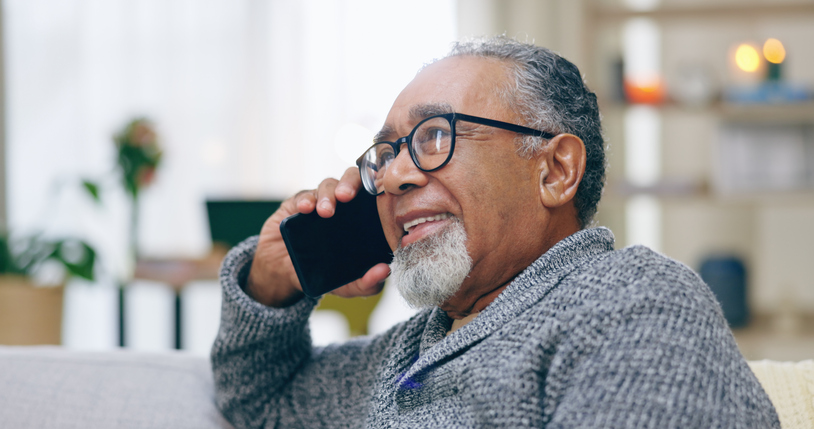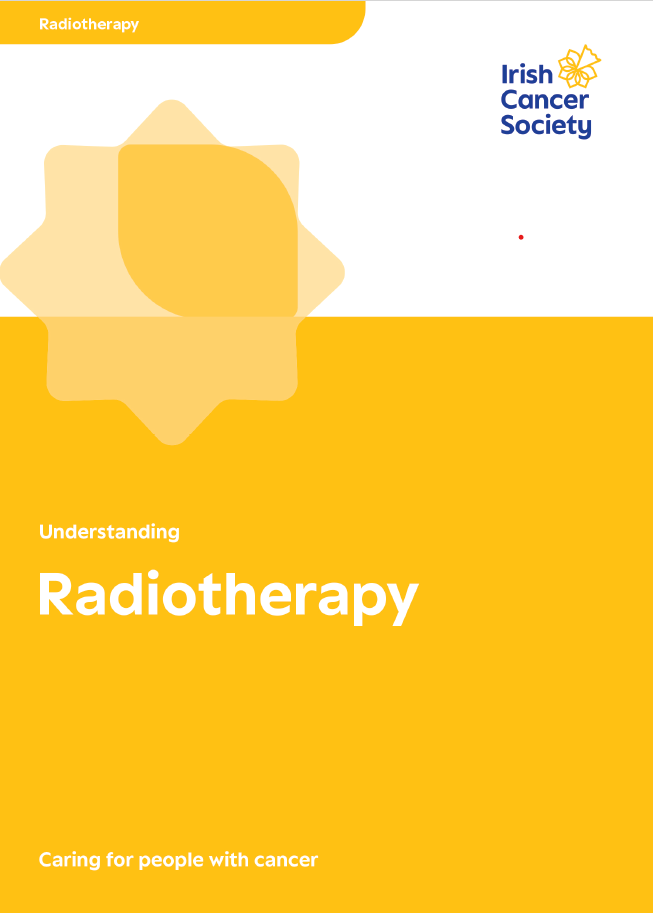Radiotherapy side effects
Radiotherapy side-effects mainly affect the part of the body being treated. They often ease after treatment ends.
What are the side-effects of radiotherapy?
Side-effects from radiotherapy vary. Most side-effects are temporary and are rarely severe.
Any side-effects you get will depend on which part of your body is being treated and the number of treatments you get.
- Short-term (acute) side-effects normally develop within 2 weeks of starting treatment. These usually last for a few weeks.
- Long-term (chronic) side-effects are much less common. They may happen months to years after treatment and may sometimes be permanent.
- General side-effects are side-effects that are not linked to the area of the body being treated. For example, fatigue.
Talk to your radiotherapy team about side-effects
Knowing about possible side-effects can help you feel more prepared and in control. Your doctor will discuss any likely short- or long-term side-effects with you and ways to manage them.
During treatment, the radiation therapists and radiation oncology nurses will check on you every day and your consultant and their team will see you at scheduled intervals throughout treatment. Tell them if you have any side-effects.
It’s especially important to tell your team right away if you experience changes in weight, changes in sleep patterns, increased pain or discomfort.
Let your doctor, nurse or radiation therapist know about any side-effects or symptoms you notice. The sooner they know, the sooner they can help.
What can I do to reduce radiotherapy side-effects?
To make sure that your radiotherapy works as well as possible and to reduce side-effects, it may help to stop smoking during treatment.
Your doctor may recommend that you give up alcohol and smoking completely, especially if you are being treated for head and neck or lung cancers.
It’s also important to eat a balanced diet and drink plenty of fluids during treatment.
It’s also important to eat a balanced diet and drink plenty of fluids during treatment to promote healing and good health.
Many people think that radiotherapy causes nausea and vomiting, as with chemotherapy. But nausea and vomiting will only happen if your abdomen, pelvic regions or brain are being treated.
Radiotherapy and fatigue
Fatigue means feeling extremely tired. It is quite common during radiotherapy, especially towards the end of treatment.
- You may feel tired for some weeks or even months.
- The body uses a lot of energy for healing during radiotherapy. Travelling to and from the hospital each day for weeks can also make you more tired than usual.
- Tiredness can build up over the course of your treatment, especially if you are travelling back and forth to the hospital.
- Most people recover from their tiredness within a couple of months of finishing treatment, but it can carry on for some people.
Tell your doctor, radiation therapist or nurse if fatigue is affecting you. They can advise on ways to save your energy and cope with everyday activities.
Radiotherapy skin changes
You may have a skin reaction as a result of radiotherapy. Only the skin within the treatment area will be affected.
- Skin within the treatment area can become warmer, harder, sore, itchy, peel or flake, and/or become swollen.
- For people with white skin tones, the skin within the treatment area may become pinker or redder before looking darker, like a tan.
- People with brown and black skin tones can find their skin may go subtly darker (than their normal), have a maroon, purple, grey, or yellow appearance within the treatment area.
- Skin reactions usually happen after 3 to 4 weeks of treatment.
- Skin reactions usually settle down 2 to 4 weeks after treatment has finished. Your skin may stay little darker than the surrounding skin.
Your radiation therapists will check for any skin reactions during treatment, but you should also let them know straight away if you feel any soreness or have any other skin changes. Your doctor may prescribe a cream or lotion for you to use.
Your radiation therapist and nurse will give you advice on how to look after your skin during and after radiotherapy. You can also read our tips on coping with skin changes.
Side-effects by body area
Because radiotherapy is aimed only at the cancer, any side-effects tend to affect the area being treated.



Talk to a Cancer Nurse

Support Line
Our Daffodil Centres


